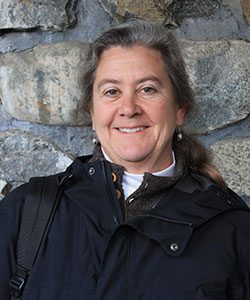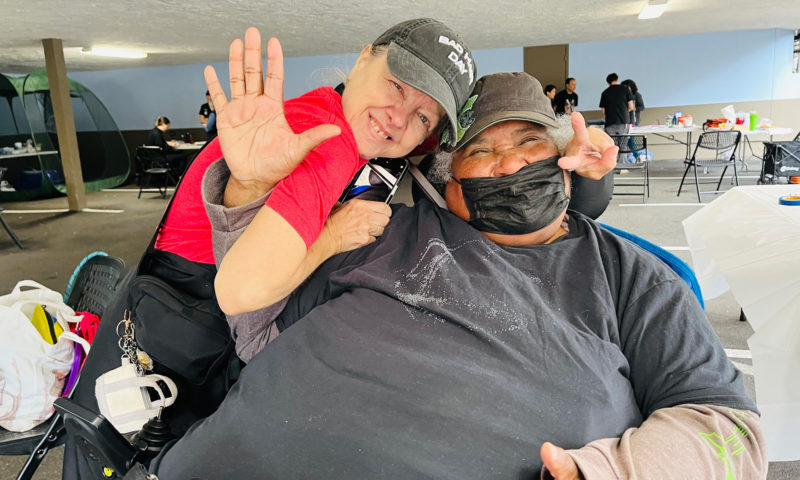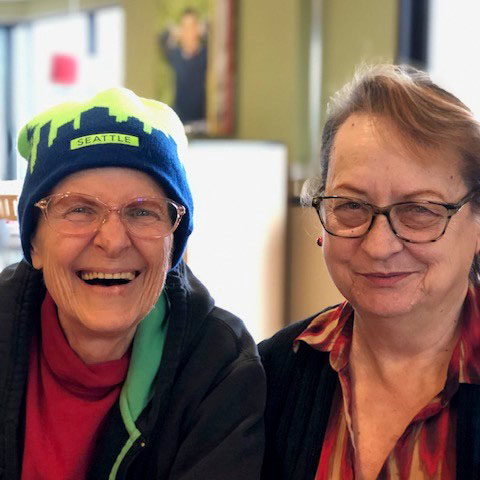69 years of government service come to an end
Two longtime leaders of King County government made 2024 their swan songs.
The end of the year saw Christie True retire as director of the Department of Natural Resources and Parks, an agency she worked in for 39 years. And Jeanne Kohl-Welles stepped down from the County Council, ending 30 years in public office.
True started her career at King County in 1984 as a water-quality technician, advancing to become director of the Wastewater Treatment Division, the largest of the department’s four divisions. County Executive Dow Constantine appointed her as the department’s director in 2010.
During her time at the helm, tje county parks system expanded to include 200 parks, 175 miles of regional trails, and 30,000 acres of open space. And the natural resources division developed the region’s first-ever strategies for dealing with extreme heat and reducing the risk of wildfires.
True “has consistently reinforced King County’s reputation as a leading and trusted environmental steward,” Constantine said. “Her integrity and leadership have helped King County make good on our steadfast commitment to protect and restore this place we love.”
True expressed gratitude for what she called “an extraordinary privilege to spend an entire career advancing a mission you believe in and working alongside people you trust.”
Kohl-Welles chose not seek re-election in last November’s election to the council. Her district, which she represented since 2016, covers parts of Seattle.
Before her council time, she served in the Legislature from 1992 to 2015, first as a representative and later as a senator for the 36th Legislative District.


